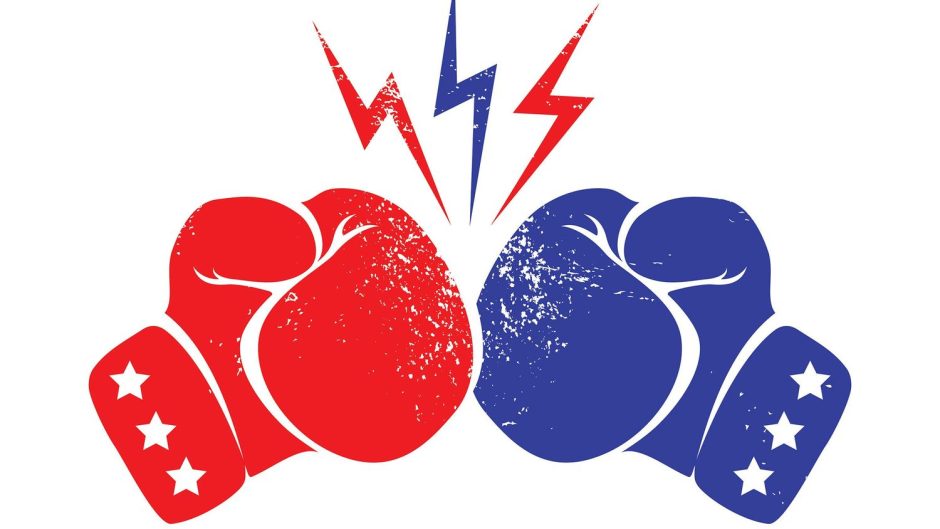This should be a short post. It is a frustrated post. It is where lay advice, proverbial advice, is bad advice for learners.
“If at first you don’t succeed, try, try again,” is bad advice for learners. What is more frustrating, this advice is often attributed to American educator Thomas H Palmer and his Teacher’s Manual (1840).
‘Tis a lesson you should heed,
Try, try again.
If at first you don’t succeed,
Try, try again.
Here is why it is bad advice
If at first you don’t succeed, do not waste your time spinning the wheels, trying to find the correct answer. Get an expert to teach you.
If at first you don’t succeed in remembering what it is you were taught, or you thought you knew, don’t leave the retrieval wheels spinning for too long when you could seek a hint or give this time over to the correct answer or feedback (interrogating that dissonance) and complete further retrieval opportunities.
Spinning your wheels while trying to retrieve does about as much good for learning as spinning your wheels when your car is stuck in the mud. However, spending a few extra seconds processing the correct answer seems to be a worthwhile time investment.
(Vaughn et al., 2017: 313)
Get to the correct answer and then space the remembering or relearning of that knowledge. Forgetting is the friend or remembering not the adversary.
Next – here is a possible correction to the proverb. Dr Katherine Rawson is more correct when she states:
If at first you do succeed, try, try again
Dr Katherine Rawson (2014)
Encode the knowledge. Retrieve or relearn the knowledge. Now maintain it. Try again. Overlearn.
The potency is not in the encoding or the learning but in the successive relearning.
Correctly recalling items one time in three sessions versus three times in one session yielded a 262% increase in retention test performance. Again, the potency is in the relearning. Whilst I am on the matter – successive relearning is durable learning too (Rawson et al., 2018).
Takeaway
If you do not know it – get taught it.
If you should know it but can not access it – think hard and get to the correct answer. Space the retrieval practice. Relearn it.



